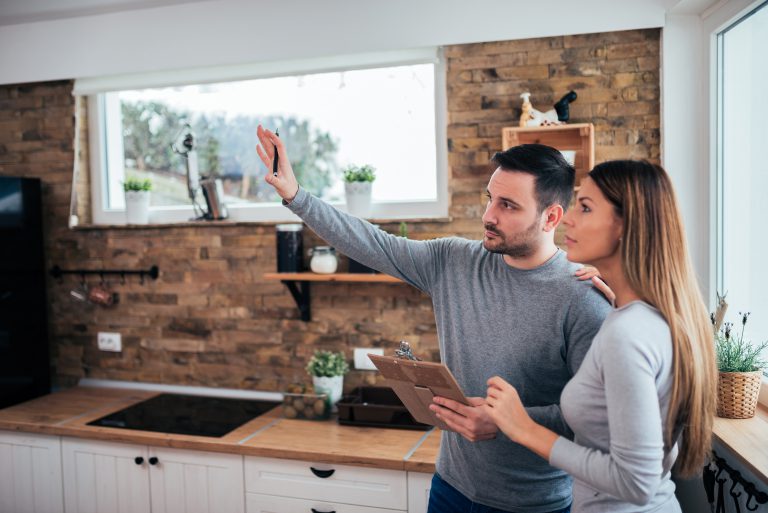Renovating houses is a fundamental part of Kiwi home ownership.
First home buyers, in particular, look at property not so much in terms of what it will be like to live there…
But how much more they can sell it for after spending a year or two sprucing up the interior and landscape.
Adding value to a property can be the fastest way for Kiwis to move themselves off the first rung of the property ladder.
To do this, of course, requires money.
New carpet, bathroom fittings, windows, air conditioning systems — you’ll need to spend a fair bit of money if you want to add substantial value to a house.
The question is, should you borrow money to do this?
Our answer is yes, IF you go about it the right way.
Identify The Parts Of Your House That
You Can Add The Most Value To
The fact is some rooms cost more to renovate. Bathrooms and kitchens tends to cost the most to do up (courtesy of appliances and fittings etc.).
But then the bathroom and kitchen tend to be central points of focus for prospective tenants and buyers in the future, too.
So as you’re determining your DIY project’s budget, be sure to take into account where you’ll spend that money.
Research the highest impact areas for your renovation dollars.
Then, determine your budget based on the increase in capital you predict your project could create.
Then…
Borrow Smart To Ensure Your Capital Gains
Don’t Get Swallowed Up By Interest Payments
If you’re borrowing money to fund your renovations, make sure the numbers add up.
If you borrow $20,000, for example, and you calculate that your property’s value will increase by $30,000 after the DIY investment…
Then you stand to gain about $10,000, in theory, when all is said and done.
But…
Don’t forget to take into account that the interest you pay on the money you borrow will eat into that profit.
This means finding a loan at a competitive interest rate is paramount when it comes to maximizing the returns from your DIY project.
Because paying too much interest could negatively impact your potential gains!
So how do you keep your interest rate low?
The more secure the loan, the less interest you will pay. To secure the loan you offer up assets as security in case of default.
Property and vehicles can be used to secure a loan and achieve a lower interest rate — so you can offer the house you’re renovating as security on the money you borrow.
If you have any questions about personal finance for DIY projects, get in touch with us on 0800 461 228 or email us directly at [email protected].
If you’d like to see how much you might be able to borrow for DIY project…




